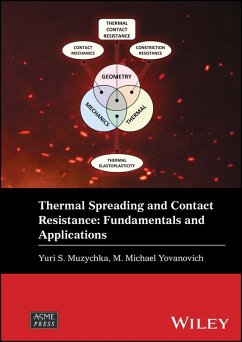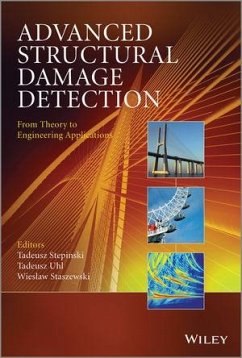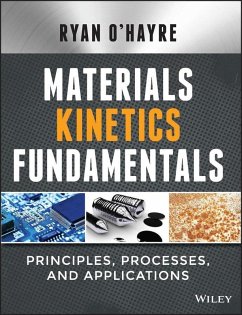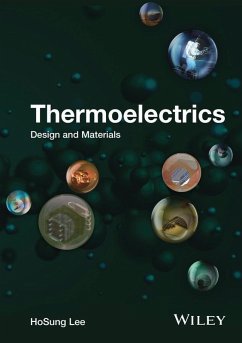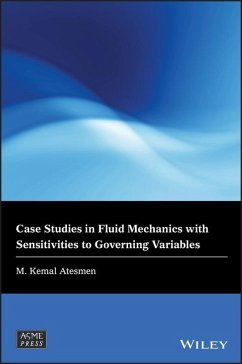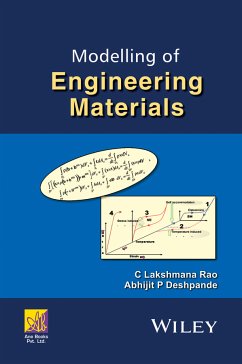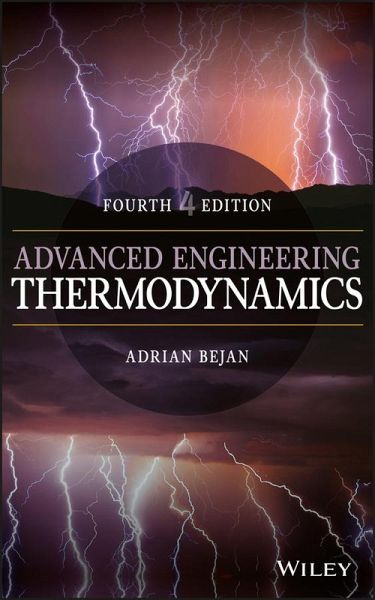
Advanced Engineering Thermodynamics (eBook, PDF)
Versandkostenfrei!
Sofort per Download lieferbar
144,99 €
inkl. MwSt.
Weitere Ausgaben:

PAYBACK Punkte
0 °P sammeln!
An advanced, practical approach to the first and second laws of thermodynamics Advanced Engineering Thermodynamics bridges the gap between engineering applications and the first and second laws of thermodynamics. Going beyond the basic coverage offered by most textbooks, this authoritative treatment delves into the advanced topics of energy and work as they relate to various engineering fields. This practical approach describes real-world applications of thermodynamics concepts, including solar energy, refrigeration, air conditioning, thermofluid design, chemical design, constructal design, an...
An advanced, practical approach to the first and second laws of thermodynamics Advanced Engineering Thermodynamics bridges the gap between engineering applications and the first and second laws of thermodynamics. Going beyond the basic coverage offered by most textbooks, this authoritative treatment delves into the advanced topics of energy and work as they relate to various engineering fields. This practical approach describes real-world applications of thermodynamics concepts, including solar energy, refrigeration, air conditioning, thermofluid design, chemical design, constructal design, and more. This new fourth edition has been updated and expanded to include current developments in energy storage, distributed energy systems, entropy minimization, and industrial applications, linking new technologies in sustainability to fundamental thermodynamics concepts. Worked problems have been added to help students follow the thought processes behind various applications, and additional homework problems give them the opportunity to gauge their knowledge. The growing demand for sustainability and energy efficiency has shined a spotlight on the real-world applications of thermodynamics. This book helps future engineers make the fundamental connections, and develop a clear understanding of this complex subject. * Delve deeper into the engineering applications of thermodynamics * Work problems directly applicable to engineering fields * Integrate thermodynamics concepts into sustainability design and policy * Understand the thermodynamics of emerging energy technologies Condensed introductory chapters allow students to quickly review the fundamentals before diving right into practical applications. Designed expressly for engineering students, this book offers a clear, targeted treatment of thermodynamics topics with detailed discussion and authoritative guidance toward even the most complex concepts. Advanced Engineering Thermodynamics is the definitive modern treatment of energy and work for today's newest engineers.
Dieser Download kann aus rechtlichen Gründen nur mit Rechnungsadresse in D ausgeliefert werden.





